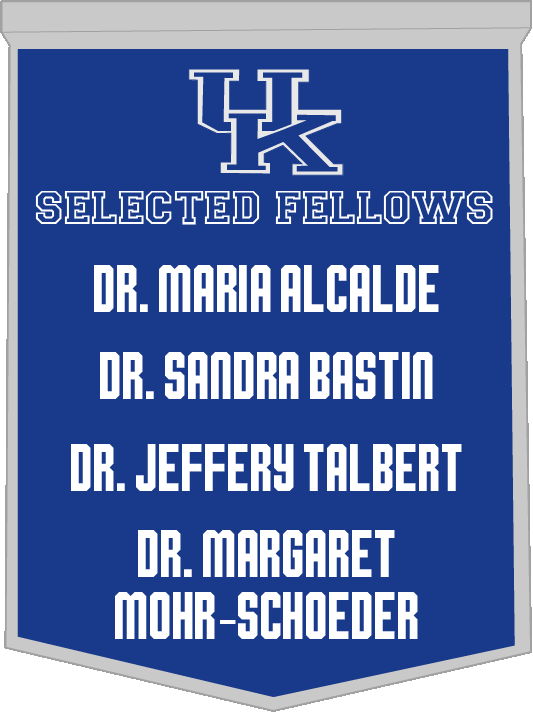SEC: Rivals on the field, comrades in the classroom
November 16, 2017
They clash helmets on the field and trade baskets on the court, but in the classroom—SEC schools are on the same team.
Twice an academic year, four selected representatives from each of the Southeastern Conference schools meet for the SEC Leadership Development Program—a program that seeks to better every school in the conference.
“The purpose of the leadership program is to cultivate talent within your own institution,” said Margaret Mohr-Schroeder, one of this year’s UK representatives, called fellows.
Mohr-Schroeder, an Associate Professor of STEM Education in Mathematics, said the program is a great opportunity for faculty to “get more skills,” and “rise in the ranks from faculty roles to more administrative roles.”
“I don’t like to use the term, ‘Grow your own.’ But it is sort of a grow-your-own model,” Mohr-Schroeder said. “They like to use the word, cultivate.”
The program’s fall workshop took place last month on LSU’s campus. Their spring meeting will be at Auburn, and the 2018 fall meeting will be on UK’s campus.
At the workshops, Mohr-Schroeder said that fellows from each school met each other, learned together and shared ideas. Leaders from the universities also spoke and gave advice to the fellows.
“We get to get together, meet each other and then collaborate and problem solve through different leadership activities,” Mohr-Schroeder said.
Outside of the workshops, UK’s four fellows work closely with one another and meet weekly with leaders on UK’s campus.
“Not only do we get to meet with fellows from across the institutions,” Mohr-Schroeder said. “We get to meet with different leaders within our own institution, which really helps us get a really good understanding of how things operate at [UK].”
The program gives a new perspective on leadership in higher education. Mohr-Schroeder said that many of the previous fellows have benefitted from being in the program and having this new perspective.
“There’s a long list,” Mohr-Schroeder said. “If you looked at that list you’d be able to see that every one of those persons has risen to some sort of leadership role.”
Mohr-Schroeder said that, for UK, the program is “extremely beneficial.”
“From a faculty perspective, especially at UK, the program seems to have worked really well,” Mohr-Schroeder said. “The previous fellows who have gone through the program have risen to different leadership levels.”
































































































































































